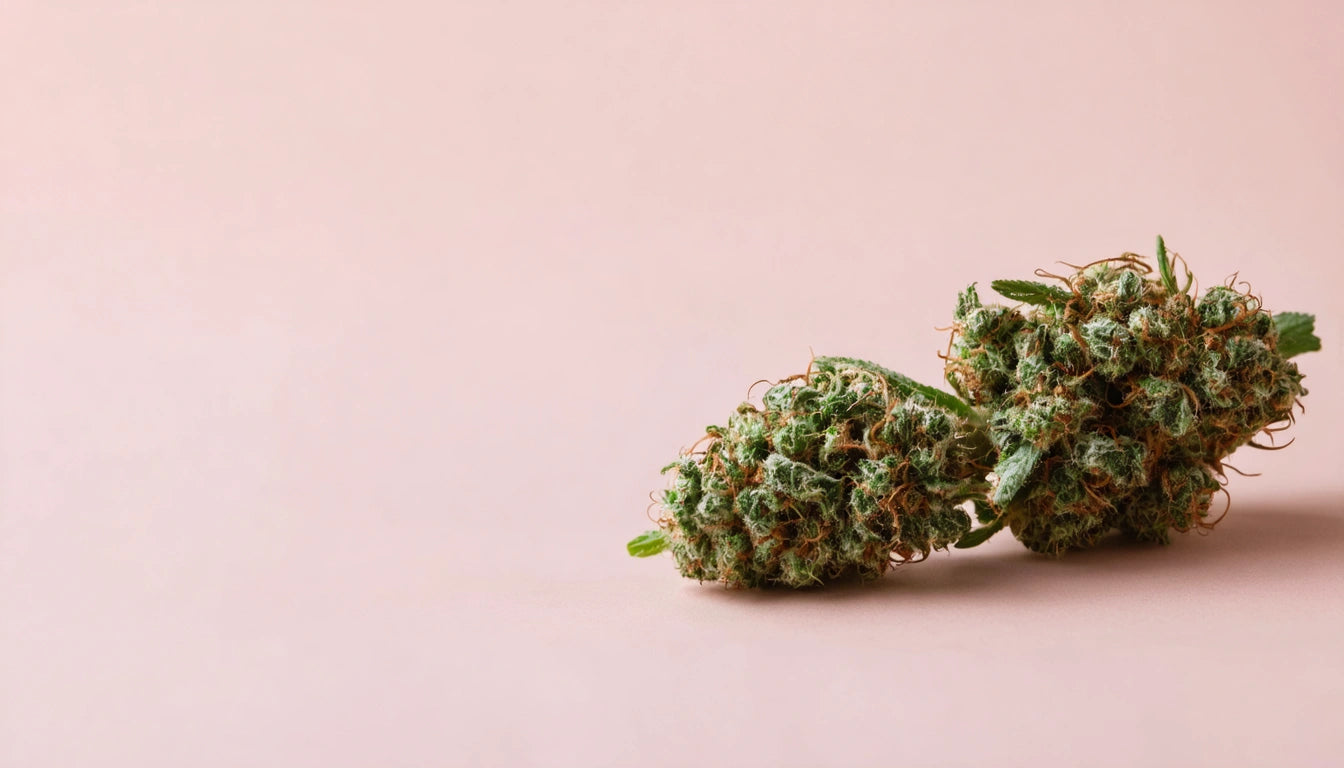Table of Contents
- The Cannabis-Sperm Connection: Understanding the Basics
- Research Findings on Cannabis and Sperm Count
- Mechanisms of Impact: How THC Affects Male Reproductive Health
- Frequency and Potency: Dose-Dependent Effects
- Reversibility of Cannabis-Related Sperm Changes
- Recommendations for Cannabis Users Concerned About Fertility
How Cannabis Use Affects Sperm Count: What You Need to Know
For men concerned about their reproductive health, understanding how lifestyle factors affect fertility is crucial. Cannabis use has become increasingly common, raising important questions about its impact on male reproductive function. Does smoking weed lower sperm count? The research suggests a complex relationship between cannabis and male fertility that deserves careful consideration.
The Cannabis-Sperm Connection: Understanding the Basics
Cannabis contains cannabinoids, primarily THC (tetrahydrocannabinol), that interact with the endocannabinoid system in the human body. This system plays a significant role in reproductive function. The male reproductive system contains cannabinoid receptors in the testes, epididymis, and sperm cells themselves, making them potential targets for cannabis compounds.
According to research on how smoking weed affects sperm, cannabinoid receptors influence sperm development, maturation, and function. When external cannabinoids from cannabis enter the system, they can disrupt the natural balance and potentially affect reproductive outcomes.
Research Findings on Cannabis and Sperm Count
Clinical Studies and Their Conclusions
Multiple studies have examined whether smoking pot affects sperm count. A 2015 study published in the American Journal of Epidemiology found that men who smoked marijuana more than once per week had sperm concentrations approximately 29% lower than those who did not use cannabis.
Another comprehensive review indicated that regular cannabis users showed decreased sperm concentration, altered sperm morphology (shape), and reduced sperm motility (movement). These findings suggest that does smoking pot decrease sperm count is a valid concern with scientific backing.
However, some research has produced contradictory results. A 2019 Harvard study found that men with a history of cannabis use had higher sperm counts than never-users. Researchers speculated this might reflect differences in testosterone levels or could represent a non-linear relationship between cannabis and sperm production.
Mechanisms of Impact: How THC Affects Male Reproductive Health
The question of does weed lower your sperm count involves several biological mechanisms. THC impacts reproductive health through multiple pathways:
- Disruption of the hypothalamic-pituitary-gonadal axis, which regulates testosterone production
- Direct effects on sperm cell development in the testes
- Alteration of sperm cell membrane function, affecting their ability to fertilize an egg
- Changes in the genetic material carried by sperm cells
These mechanisms help explain why cannabis consumption might reduce sperm count and quality. Additionally, cannabis may affect testosterone levels, creating a secondary impact on sperm production.
Frequency and Potency: Dose-Dependent Effects
Research indicates that the impact of cannabis on sperm health may depend on frequency of use and potency of the product. Occasional users might experience less significant effects than daily users. Similarly, high-THC products may have stronger reproductive impacts than those with lower concentrations.
Modern cannabis products often have higher THC concentrations than those available decades ago. For those wondering can weed reduce sperm count, it's worth noting that today's high-potency products may have more pronounced effects than those studied in earlier research.
When discussing cannabis packaging solutions with our customers, we often recommend child-resistant caps for cannabis containers not only for safety compliance but also to help users maintain control over their consumption patterns, which may be relevant for those concerned about fertility impacts.
Reversibility of Cannabis-Related Sperm Changes
A common question is whether the effects of cannabis on sperm count are permanent. Research on cannabis and fertility suggests that many of the negative effects may be reversible after cessation of use.
Sperm production is a continuous process, with new sperm cells being generated approximately every 74 days. This ongoing regeneration means that stopping cannabis use could potentially allow sperm parameters to return to baseline over time.
Studies tracking men who discontinued cannabis use have shown improvements in sperm count and quality within 3-6 months after cessation. This timeline aligns with the natural cycle of sperm production and maturation.
Recommendations for Cannabis Users Concerned About Fertility
For men asking does smoking weed lower sperm count who are actively trying to conceive or planning to in the near future, several evidence-based recommendations emerge from the research:
- Consider reducing or temporarily stopping cannabis use, particularly in the 3-6 months before attempting conception
- If using cannabis for medical purposes, consult with healthcare providers about potential alternatives or adjusted dosing
- Be aware that smoking pot impacts sperm health potentially more than other consumption methods due to additional toxins from combustion
- Maintain other aspects of reproductive health through proper nutrition, regular exercise, stress management, and avoiding excessive heat to the testicles
- Consider sperm testing to establish a baseline and track any changes if continuing cannabis use
The relationship between cannabis and male fertility represents an evolving area of research. While current evidence suggests that regular cannabis use can lower sperm count and affect quality, individual responses vary considerably. For men concerned about their reproductive health, understanding these potential impacts allows for informed decisions about cannabis consumption.
As cannabis legalization expands and more research emerges, our understanding of how marijuana affects reproductive health will continue to develop, providing clearer guidance for users concerned about fertility outcomes.











Leave a comment
All comments are moderated before being published.
This site is protected by hCaptcha and the hCaptcha Privacy Policy and Terms of Service apply.